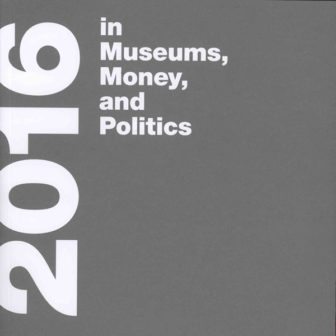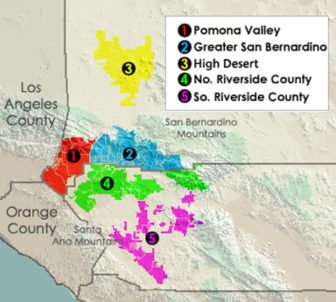
August 21, 2018; New York Times
In her column for the New York Times’ “The Upshot,” Emily Badger focuses on the not-in-my-back-yard (NIMBY) mindset that has so bedeviled the movement to develop more affordable housing. But buried within her analysis is a provocative observation about the long-festering debate about homeowners versus renters as responsible citizens. She writes:
The crucial divide in the politics of housing development isn’t between left and right, but between people who own homes and those who don’t.…Generations of American politicians have argued that homeowners make good citizens—and in the early days of the nation, only property owners could vote. It seems reasonable that a financial stake in the community would make people more likely to care for it. But research suggests that homeownership can also prompt people to oppose what’s good for their communities in a larger sense [in this case, more affordable housing].
The researchers she quotes conclude that homeowners, no matter what their political affiliation, want to limit or prohibit development of housing for lower-income residents in their vicinity and are more likely than renters to act on their misgivings.
Among the studies she cites is research conducted by Andrew Hall and Jesse Yoder at Stanford, which compared voter data with housing deeds for 18 million people in Ohio and North Carolina. They found that buying a home increases participation in local elections, particularly when zoning questions are on the ballot. The more expensive the home, the more likely the residents are to vote.
“It’s not that you become more selfish, but you become more likely to translate selfishness into political action,” Hall suggests.
Sign up for our free newsletters
Subscribe to NPQ's newsletters to have our top stories delivered directly to your inbox.
By signing up, you agree to our privacy policy and terms of use, and to receive messages from NPQ and our partners.
Homeownership long has been incentivized in the United States through highly favorable tax laws, including deductions for mortgage interest. In 2015, the federal government spent $71 billion on the mortgage-interest deduction, with households earning more than $100,000 receiving almost 90 percent of the benefits. The new tax bill Republicans passed last year reduced that benefit, but what is left is even more skewed toward the wealthy. In the next tax season, about 24 percent of the deduction’s benefits are expected to go to households earning more than $500,000, up from about 12.4 percent this year. Meanwhile, half of all poor American families who rent spend more than 50 percent of their income on housing costs. In May, rental income as a share of GDP hit an all-time high. Yet, to date, the tax code does not offer renters any relief.
“It is difficult to think of another social policy that more successfully multiplies America’s inequality in such a sweeping fashion,” wrote Matthew Desmond, author of Evicted: Poverty and Profit in the American City, in the New York Times.
Today, homeownership has become synonymous with the “American Dream,” with survey after survey showing residents believe this is what they need to be considered successful. Indeed, homeownership is often perceived as the only good option to achieve a secure future. We are even told that homeowners are more upstanding citizens. Yet the Joint Center for Housing Studies found several years ago that apartment residents—who represent the highest-density renters—are almost twice as likely to socialize with their neighbors as homeowners, and are just as likely to belong to structured social groups and to closely identify with the town or city in which they live. (The one area in which apartment residents significantly lagged behind homeowners was voting in local elections, as noted above.) Other studies suggesting that homeownership is associated with a lower crime rate and improved educational achievements have not controlled for confounding factors such as chronic unemployment.
As for property values, a presenter at a Harvard Revisiting Rental Housing summit agreed, saying, “The fear that housing density will hurt property values seems to be primarily based on anecdotes. By contrast, most research has come to a different conclusion: In general, neither multifamily rental housing, nor low-income housing, causes neighboring property values to decline.”
In light of such data, is there any chance that homeownership will lose its privileged status? Or that renters will get more of a break? There is some hope on the horizon. Sen. Cory Booker’s HOME act includes a tax credit for renters earning 80 percent of the area median income and who spend more than 30 percent of their income on housing, including utilities. Eligible renters can receive the difference between their rental payment—capped at 100 percent of fair-market rent—and 30 percent of their monthly adjusted gross income. Booker’s proposal also includes an option for renters to defer 20 percent of their tax credit to a “rainy day savings program.” A second bill, from Sen. Kamala Harris, offers a credit to all taxpayers earning less than $100,000 annually (except in high-rent areas, like San Francisco, where the income restriction is $125,000).
However, a value system laid down so carefully more than 70 years ago will take a long time to chip away.—Pam Bailey













